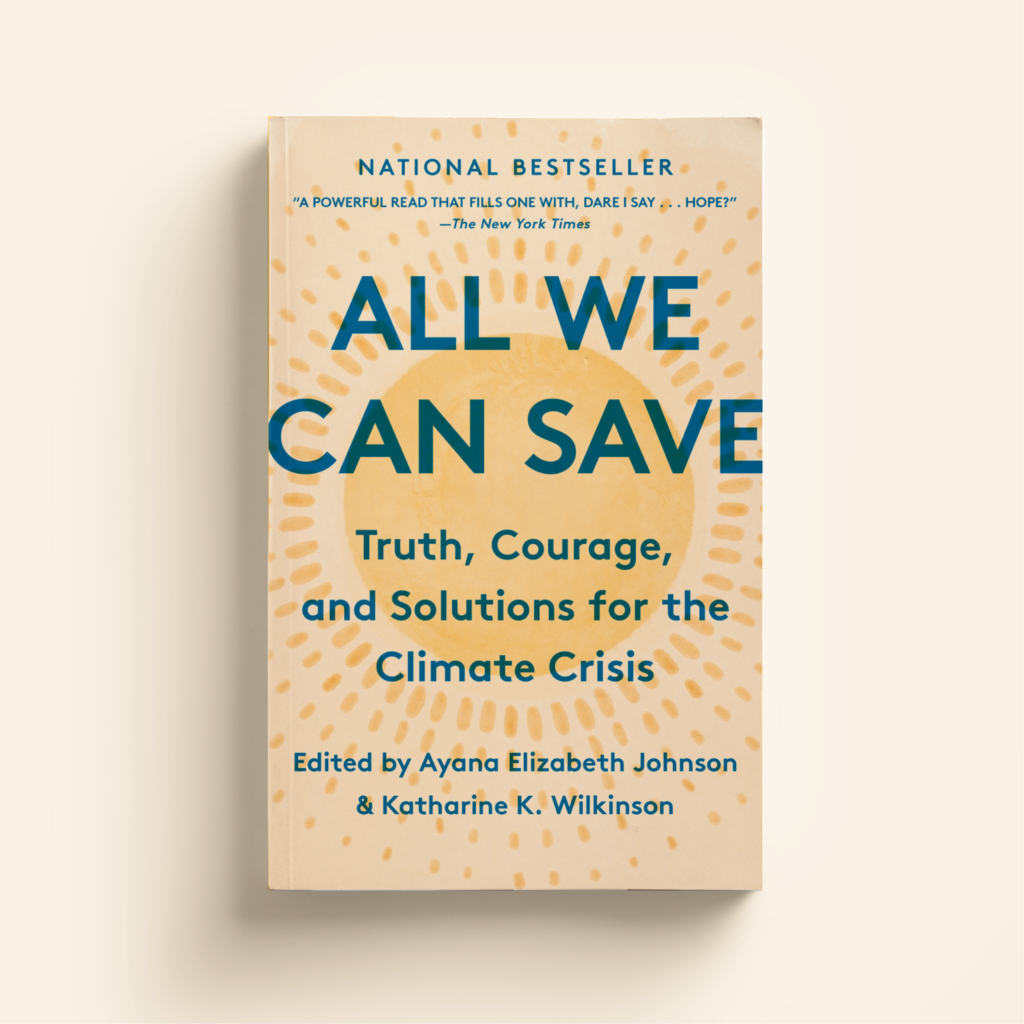I think we always look at everything through our own lens of experiences. It is a natural human tendency. As empathetic as we believe we are, we can only know about what we know about. Which is why it’s always important to try to seek out more diverse perspectives and learn more. I am currently reading ‘All We Can Save’, a book I highly recommend. It is a collection of stories, poems and prose by female climate activists. Women who have been working on this for decades.

My last post was about how we need to talk about the fact that people work in ‘dirty jobs’ every day. That we need to illustrate clearly for those people what they will be doing in our new ‘green future’ if we are to have any chance of being successful bringing those folks along. While that is certainly still true, I will confess I was thinking primarily of men working in oil and gas. Not always white men, because I have worked on oil and gas platforms off the coast of Trinidad, but certainly, mostly men. I was thinking about folks like me, who may feel ‘guilt’ from earning money from an industry that it is now apparent has done so much harm. But again, I was thinking of me, my experience, as a middle-class white woman in a largely corporate role.
What I have learned from reading ‘All We Can Save’ is that the poor and disadvantaged have always had the double whammy of being forced to work in the ‘dirty jobs’ and living and playing in the communities that the factory pollutes. Women working in the field of crops with heavy pesticides and then coming home desperate to shower and change clothes to not poison their children, a futile gesture because the chemicals are in the soil and the air where they have to live.
The most important revelation I have had so far from reading this book, is that we can solve our climate crisis in many ways, not all of them will be equitable. There was a new deal in the 1920s that solved the economic depression and the dustbowl, but it wiped out generational wealth for communities of color because all the highways were built through them. Hardly any of the loans that were distributed in that New Deal went to people of color. We cannot make those same mistakes again.
In our rush to solve this terrible, terrifying existential crisis, we must ensure we do not repeat the mistakes of the past. Above all else we must be humble. If we do not include diverse perspectives on climate solutions we could end up with a safer earth habitat but a broken social structure that could still tear us apart.
